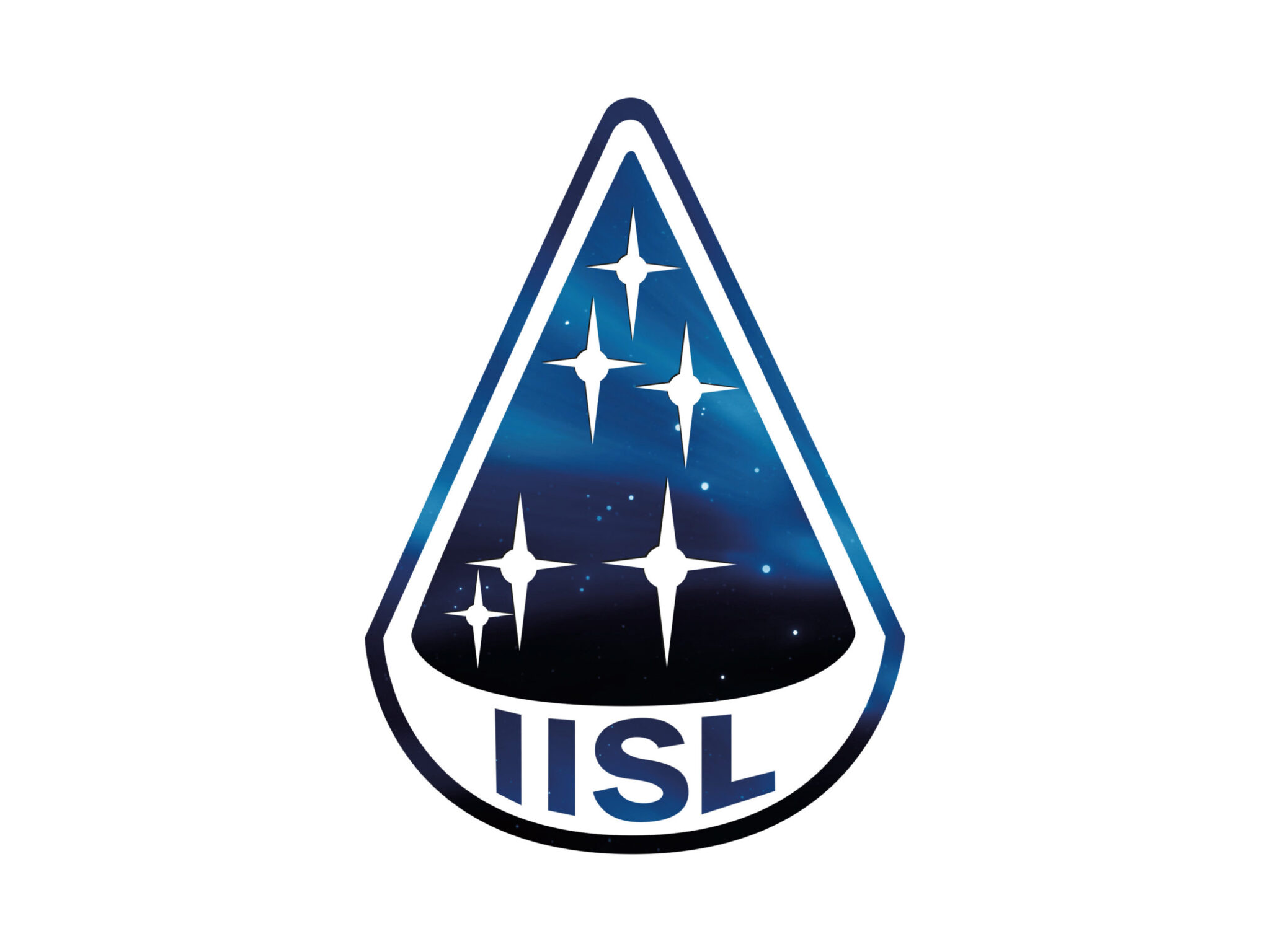The International Institute of Space Law (IISL) held the 14th Annual Eilene Galloway Memorial Symposium on Critical Issues in Space Law on Wednesday, December 11, 2019 at the Cosmos Club in Washington, DC. In addition to promoting discussions of complex space law issues, this year’s program addressed practical requirements triggered by national security concerns, cyber threats, and commercial contracts.
The opening keynote was delivered by Congresswoman Kendra S. Horn, chair of the House Subcommittee on Space and Aeronautics. Rep. Horn spoke on the need to better understand the intersection between the government and the commercial space sector, including government investments and the right balance between encouraging innovation and limiting risks. Lawmakers, she acknowledged, need to establish a clear framework that enables regulatory bodies to respond flexibly in an evolving environment.
Several panels were held under the Chatham House Rules. The first addressed standards and requirements associated with foreign investment and employment of foreign nationals in segments of the space sector that are dealing with sensitive or classified technologies. Panelists reviewed requirements established by CFIUS and the DCSA, including Technology/Export Control Plans (T/ECP). They also discussed changes made to the Foreign Investment Risk Review Modernization Act (FIRRMA) in 2018, and anticipated the release of final regulations in early 2020.
During the second panel, participants discussed cyber protection standards and requirements for spacecraft operators. The inclusion of a section on space security in the National Cyber Strategy was noted as a significant step. A representative from NIST announced the development of a new document (likely an interagency report) on how companies might apply cybersecurity in the space sector, especially for small sensing satellites, and welcomed industry’s input. Other topics included supply chain risk management and challenges in ensuring contractors’ compliance with cybersecurity requirements.
Charles Beames, Chairman of the SmallSat Alliance, gave an provocative luncheon keynote centered around two trends that have had a significant impact on our space civilization: (i) the impact of ultra-high net-worth individuals; and (ii) small satellites.
With respect to the former, he suggested that individuals like Elon Musk, Jeff Bezos, and Richard Branson have taken the role of government when it comes to leadership and risk-taking in space. By inspiring and emboldening new space companies, they have created competition, brought down prices, and unleashed innovation across the industry. With respect to the latter, he argued that remote sensing satellites have a positive effect in shining the light on “bad things going on in the world,” questioned whether permitting a 40,000-satellite constellation is a “judicious use of the commons,” and suggested that the U.S. government is not doing enough to encourage the next-generation space economy.
The first afternoon panel featured a discussion on international best practices for space sustainability, including the U.N. COPUOS Guidelines for the Long-term Sustainability (LTS) of Outer Space. Non-binding does not mean not legal, noted the Executive Director of the Secure World Foundation, since countries can choose to implement the guidelines in their national legislations. They raise the base of what is acceptable behavior in space, he argued. Starting in February 2020, a new Working Group is expected to discuss LTS implementation and the possible development of new guidelines. Speakers agreed that the private sector has a significant role to play, including through the development of industry’s organizations and best practices.
The final panel discussions addressed the emergence of “Space Law 3.0,” governed by open universal regimes based on Blockchain technology and “smart contracts;” as well as the process, law, and politics of sending payloads into space, including operators’ pressure to meet tight contract deadlines (especially in rideshare launches) and the importance of regulatory certainty for non-traditional payloads. Commercial space lawyers shared their experiences and advice for clients in a rapidly changing space sector.
The Galloway Symposium is an annual event hosted in honor of Eilene M. Galloway, a pioneer in the fields of space law and policy. It is an excellent opportunity for scholars and practitioners of space law and policy to engage in in-depth discussions of pressing issues in space law and governance today.
The 2019 IISL Galloway Symposium was organized by IISL Treasurer and LMI Advisors Consulting Principal Dennis Burnett. LMI Advisors was a supporting sponsor. More information on the event can be found at: https://iislweb.org/.

